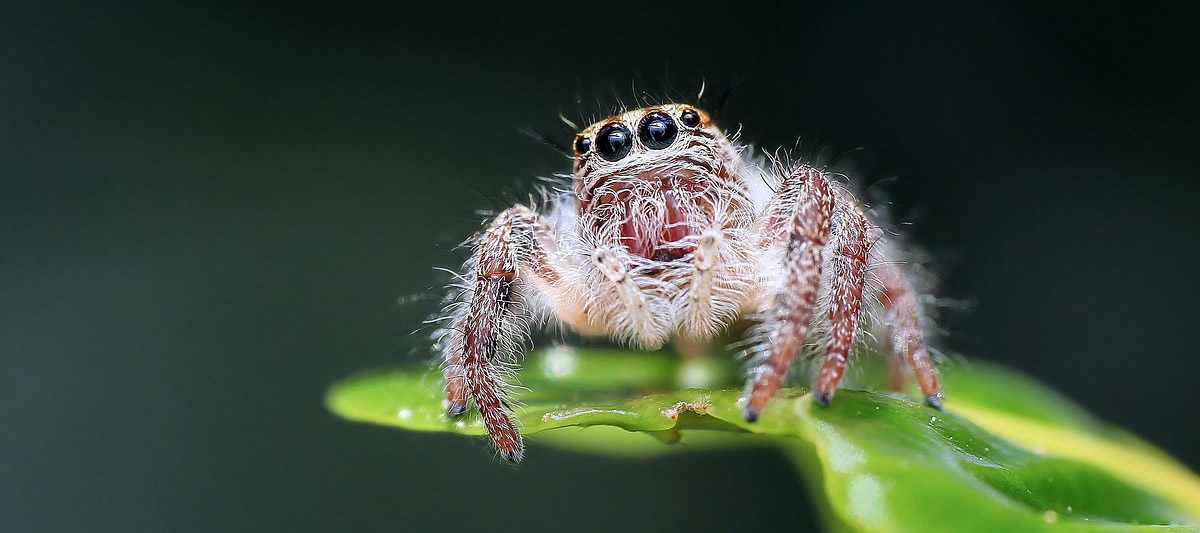Spiders – Questions and Answers

There are 650 species of spiders in the UK, but only 8-10 of them are commonly seen in our homes. Though most of these are completely harmless, it doesn’t make them any more likeable.
Why Do You See More Spiders Indoors In Autumn?
Many people believe that spiders invade our homes in search of warmth, but this actually isn’t true. In fact, as disturbing as some of you might find, the chances are our eight-legged friends have been in our properties all year round.
Sightings increase this time of year due to the fact that males are on the move looking to find a mate. This is especially the case with male house spiders, as they won’t survive the winter, so are actively seeking a female to mate with before they die. The female will then eat her mate – who said romance was dead.
What Spider Am I Most Likely To See In My Home?
The most common spider to see indoors at this time of year is the largest species in the UK; the giant house spider. They are also the fastest, reaching speeds of up to half a metre per second – which explains why they can take you by surprise when you catch glimpse of one scurrying across the floor.

Do Spiders In The UK Bite?
Spiders are not out to attack you. The good news is that most of the spiders that we get in the UK could not bite us even if they wanted to, as their fangs aren’t powerful enough to penetrate the skin. So, there’s no cause for concern if you see spiders in your home.
Out of the hundreds of UK spider species, not many can give you a nip. One species that does bite humans is the noble false widow spider. This species originated in the Mediterranean and were reported in the UK in the 1870s. They can grow to around half an inch long and prefer to live indoors. These will only bite if threatened; luckily, their bites are usually harmless as their venom is not particularly potent.
Spiders Can Actually Benefit Your Home
Spiders may not be very welcome in your home, but it’s important to resist swatting them. They actually play an important role in our ecosystem.
The same as every predator, they help to control prey numbers. Meaning that they will feast on other pests, such as moths, silverfish, and flies. Which, in turn, helps to control the spread of human disease and is also a great natural alternative to pesticides.
So, if you cross paths with an unwelcome eight-legged guest, use the ‘cup and card’ tactic to trap the spider and release it outside. Of course, if you don’t mind them, leave them be.

Are There Ways to Deter Spiders From Staying Indoors?
Arachnophobes will be pleased to find out that there are certain techniques which can keep the spiders at bay, such as:
- Decluttering your home. Spiders look for places to hide, so having a clear out is the best first step.
- Keeping your house clean. Be sure to clean up any crumbs and vacuum around window ledges for dead flies. Remove any webs that you might find.
- Spiders can be sensitive to some herbs, such as basil plants, peppermint, and spices, such as cinnamon.
- Spiders supposedly hate citrus scents, so rub citrus peel along skirting boards, window sills and bookshelves. Though this can attract other pests instead.
- Seal any cracks on exterior walls to prevent entry. Once sealed, spraying water mixed with vinegar can help to repel them.
Click to return to the main menu for Spiders…

